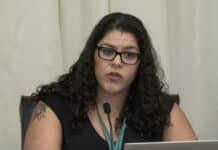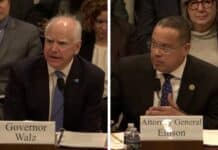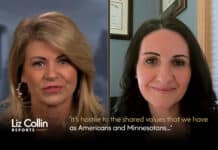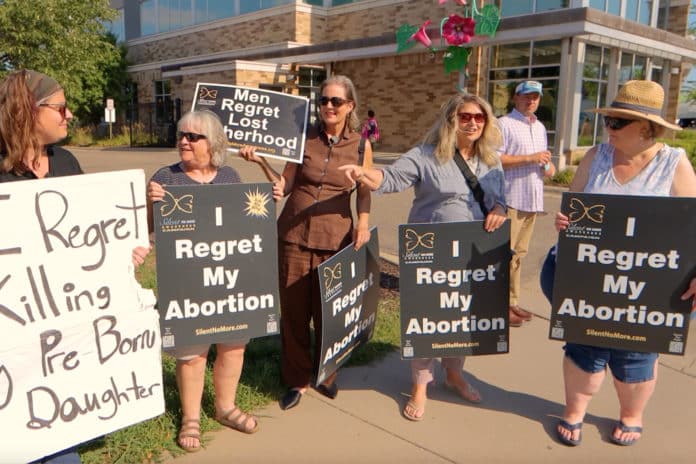
A noisy intersection in St. Paul served as the stage for an issue driving many Minnesotans to the polls this November.
A group of men and women, like Marie Hurtis, stood outside Planned Parenthood and shared their stories, holding signs that said, “I Regret My Abortion.”
“We should be front and center but we’re not because this place wouldn’t be getting a paycheck,” Hurtis told Alpha News.
She wore a small necklace with her daughter’s name on it. Hurtis was a senior in high school when she had her abortion 10 years ago.
“I wear this because I named my daughter Auna. I wear it to honor her as the person she was. Also, to create awareness because one of the main ways abortions are able to continue is through dehumanization. The more we can humanize the children being killed here, the more people can see, yes, they are human beings and should have equal rights just as all of us do,” Hurtis said.
She said her feelings of excitement for a baby back then were met with resentment by her family and boyfriend.
“As time went on my mom, my grandparents and the father of the baby got the gist that sort of in my mind I wanted to keep the child so that’s when the father became angry and made it clear that he would have no part in the child’s life. My mom pretty much said either you have to have an abortion or you’re going to have to leave our house,” Hurtis recalled.
She said these scenarios are common among young women facing crisis pregnancies.
Ten weeks into her pregnancy, Hurtis went to a Wisconsin abortion clinic where the appointment began with an ultrasound.
“They would zoom out as much as they could and use it for their agenda. It’s just a little dot,” she said. “The entire time I was in there something in my head was just screaming for me to leave.”
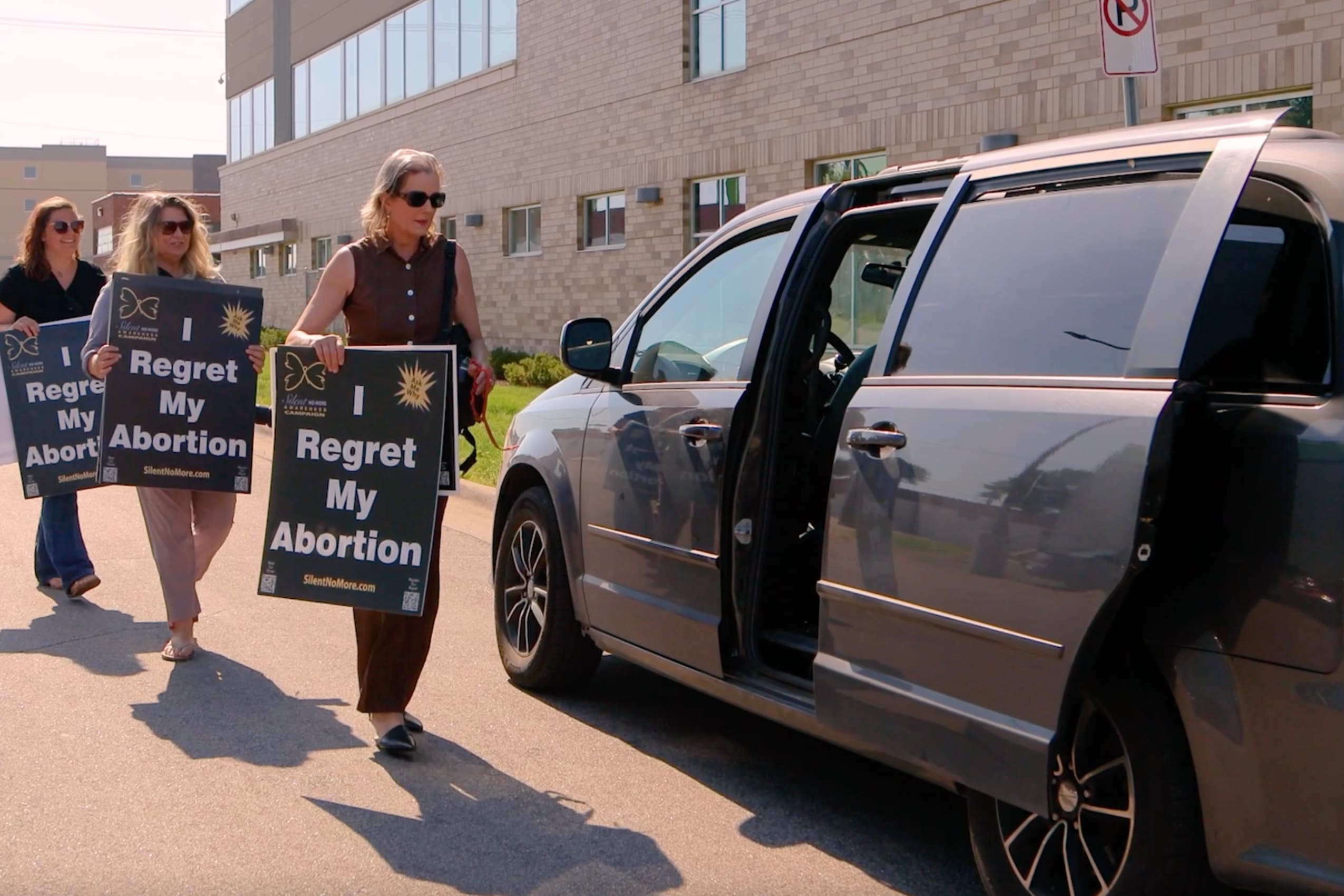
Hurtis understands this next part may seem graphic, but she believes if more people describe what really goes on, they may change some minds.
“I met her for like five seconds before she turned on the machine,” she said. “I knew I was doing the wrong thing, but it really hit me once they turned the machine on because they tell you in there they are lightly going to suction out tissue and the machine sounds like the loudest vacuum ever. It’s like your insides are being pulled out. At that moment it’s too late but you know this is the worst decision ever.”
Hurtis eventually suffered a mental breakdown. She said she has regretted her decision every day since.
She’s now a Christian, works as a teacher, and found real love with her husband.
She is open about that day 10 years ago because she hopes her story will save a life.
Silent no more
Ann Marie Cosgrove’s advocacy with the Silent No More Awareness Campaign began 20 years ago at the Minnesota State Capitol, where she stood alone holding her own homemade sign.
“That’s the thing about abortion, they don’t tell you the future. They don’t let you know the ramifications of what happens when you allow your own child to die in the womb, which is supposed to be the safest place for that child,” Cosgrove said.
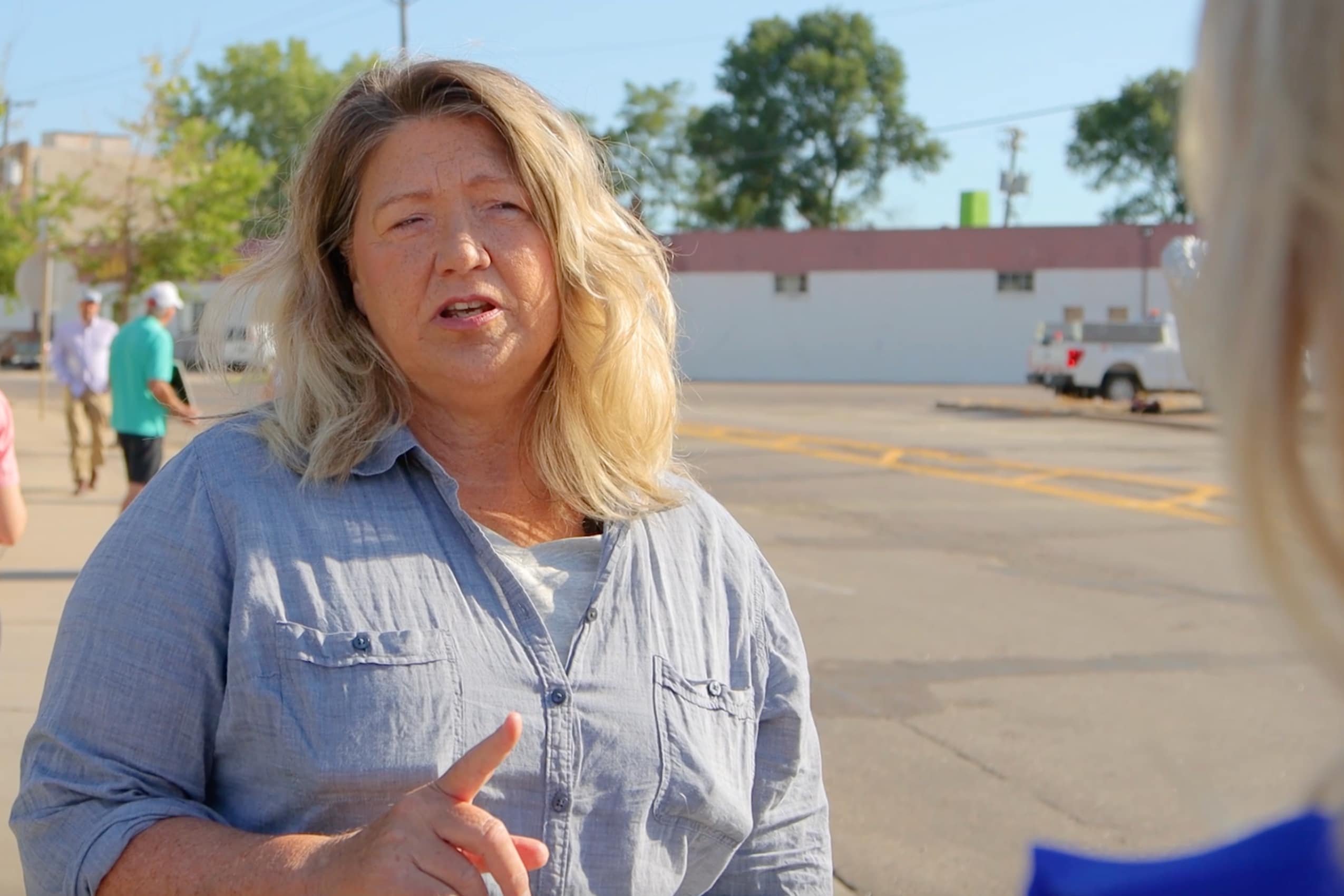
“That next year, there were 12 of us at the State Capitol giving our testimonies. That’s when the Silent No More Awareness Campaign started,” she continued.
“We were able to have different events holding signs that say ‘I regret my abortion’ all over the Twin Cities and up in Duluth and down in Red Wing. So many people would see our signs and come up to us and say, ‘Me too,'” Cosgrove said.
“It’s a lie. It’s a lie. They try to package it in a beautiful bow that it’s OK to do and you’re going to be fine,” she added.
With the Supreme Court’s reversal of Roe v. Wade this summer, Cosgrove couldn’t help but think back to what she calls the worst decision she ever made.
“I was angry because in 1983 when I had that abortion, if it hadn’t been legal, I never would have sought out an illegal abortion. I felt like we were given a lie that it was a constitutional right to take the life of our children,” she said of the ruling.
“I suffered greatly — emotionally, mentally, physically — from that abortion,” Cosgrove said.
She said the abortion clinic told her she’d be able to have other children. But she suffered a miscarriage later in life and could never get pregnant again.
“Here I am, 64 years old. A lot of my friends are showing me their grandchildren. I’m like here I am. I don’t have that,” she said.
Guilt never goes far
Another woman, Therese Douglass had two abortions as a teenager. She eventually adopted.
“The pain of my abortions was like keeping a beach ball under. I still hadn’t dealt with it. It was just keeping it down,” Douglass said.
She said even with baby daughters at home, the guilt would never go far.
“I remember one day looking across the table at her and thinking, ‘You don’t deserve her, her mom chose life.’ That pain, the triggers kept coming and I kept pushing it down,” she added.
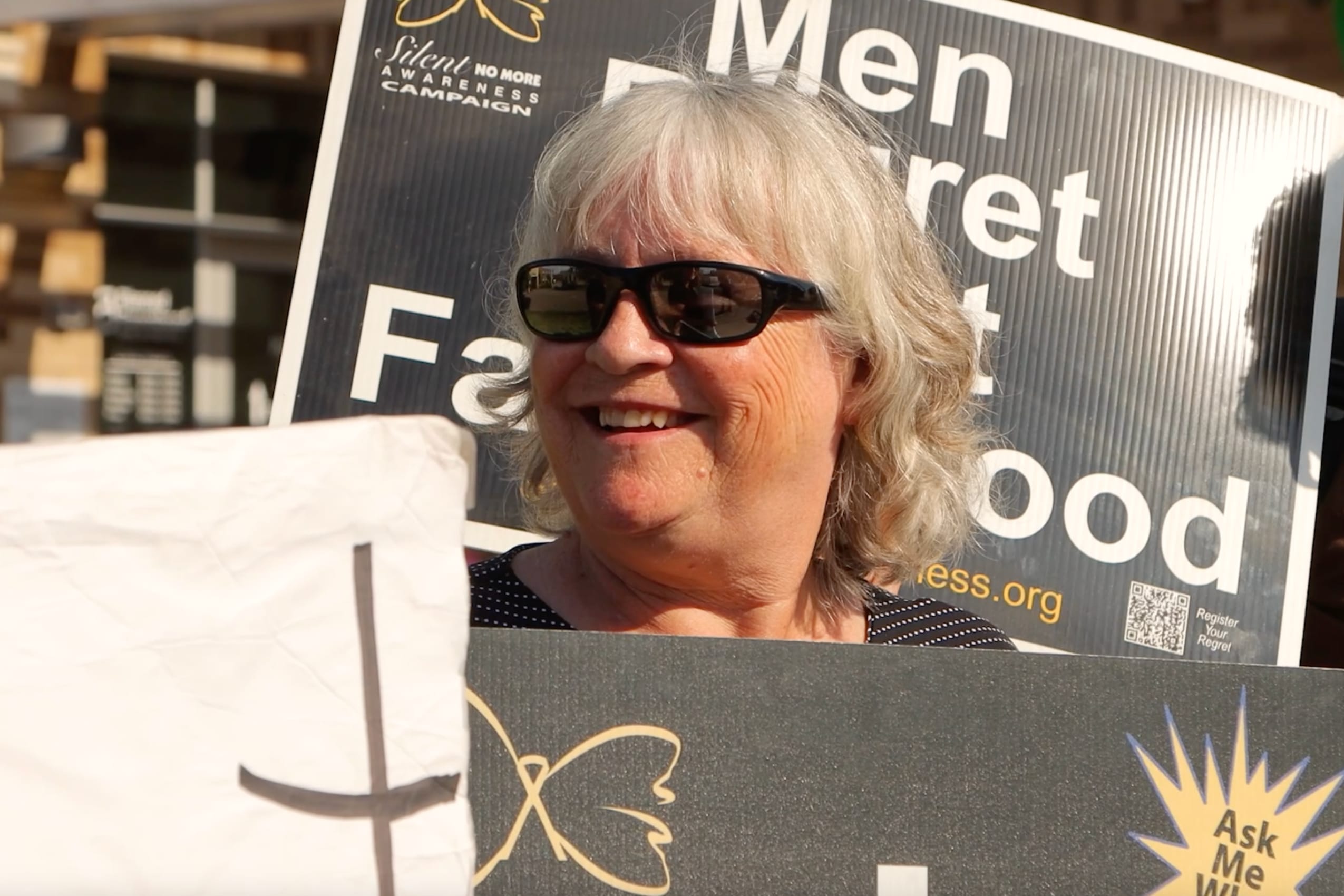
Douglass believes the medical community is irresponsible with their messaging.
She used the example of her brother’s kidney transplant years ago and a brochure she saw back then that spelled out the emotional impacts of organ donation.
“I’m thinking, ‘Really? The medical field recognizes it will affect you emotionally if you have a kidney taken from you but not a baby taken from your womb,'” Douglass said.
As vandals have set their sights on pro-life centers across the state this summer, these women feel compelled more than ever to come forward, believing stories like theirs just might change minds.
“At the end of the day I feel more peace, but you can’t forget what happens and you need to continue healing throughout your entire life,” Hurtis said.
Liz Collin
Liz Collin is a multi-Emmy-Award-winning investigative reporter, news anchor, and producer who cares about Minnesota. She is the producer of The Fall of Minneapolis and Minnesota v We the People documentary films, and author of the Amazon best-selling book, They’re Lying: The Media, the Left, and The Death of George Floyd. Her work has prompted important state laws. Yet perhaps most of all, Liz has been giving a voice to the truth—and helping others tell their stories—for more than 20 years.

